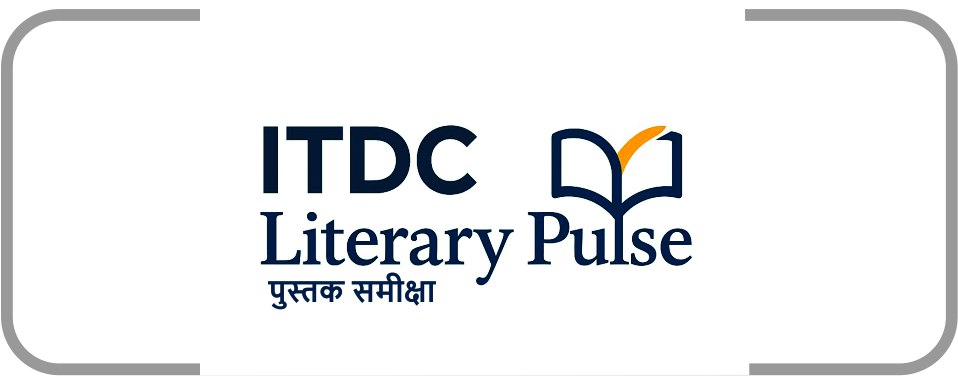CNN Central News & Network–ITDC India Epress/ITDC News Bhopal: When transparency becomes theatre and electoral reform a mirage, journalism steps in as democracy’s last honest broker. Poonam Agarwal’s *“India Inked: Elections in the World’s Largest Democracy”* is not just an exposé—it’s a sharp, layered investigation into India’s political funding landscape and the democratic structures that underpin it.
At its core is the story of electoral bonds—a mechanism sold to the public as a means to clean up campaign finance. Agarwal systematically dismantles this narrative. What was marketed as anonymous, equitable political funding turns out to be a sophisticated system of covert traceability. Bonds, she finds, carry hidden alphanumeric identifiers, detectable under ultraviolet light, allowing both donor and recipient to track donations—turning “transparency” into coded complicity.
The BJP finds itself central in her findings, benefiting most from this opaque system. Initially denying the existence of any identifiers, the party later did an about-face, crediting itself with the very traceability it once disavowed. Such reversals aren’t anomalies; they’re strategic recalibrations. And Agarwal, like a patient forensic analyst, traces every pivot, every letter, every regulatory sleight of hand—from the RBI’s internal resistance to the final Supreme Court order that forced the SBI and Election Commission to disclose donation data.
But this book is about more than just one revelation. It offers a broader inquiry into the architecture of Indian elections. From the foundational work of Sukumar Sen in the 1950s to the institutional legacy of TN Seshan, Agarwal navigates the evolution of the Election Commission with insight—though she avoids digging into more recent resignations of key figures like Ashok Lavasa. Her critique of Electronic Voting Machines (EVMs) is balanced—acknowledging their benefits but highlighting their vulnerability as no more tamperproof than any other technology.
What distinguishes *India Inked* is the way it extends its investigation beyond voting booths. It casts a critical lens on press freedom, suggesting that growing media consolidation and owner-interest-driven editorial lines are undermining the fourth pillar of democracy. In doing so, Agarwal positions herself not merely as a chronicler of electoral dysfunctions, but as an advocate for systemic introspection.
The book doesn’t shy away from difficult conversations: it challenges the feasibility and intentions behind One Nation One Election, and though it’s clear about the author’s political leanings, it never lets partisanship cloud the evidence. The research is meticulous, the analysis sobering, and the conclusions unflinching.
*India Inked* offers no tidy resolutions. Instead, it insists on vigilance. In a climate where accountability is often manufactured and narratives curated, this book reminds readers of what journalism must do—probe, persist, and provoke. For anyone trying to understand the undercurrents shaping India’s democratic processes, this book is essential—not just for what it uncovers, but for the clarity it demands from its readers.
*More than a book—it is a mirror held up to the state, and to us.*
#IndiaElections #ElectoralPractices #IndianDemocracy #PoliticalReporting #JournalismMatters #BallotShadows #InvestigativeJournalism







